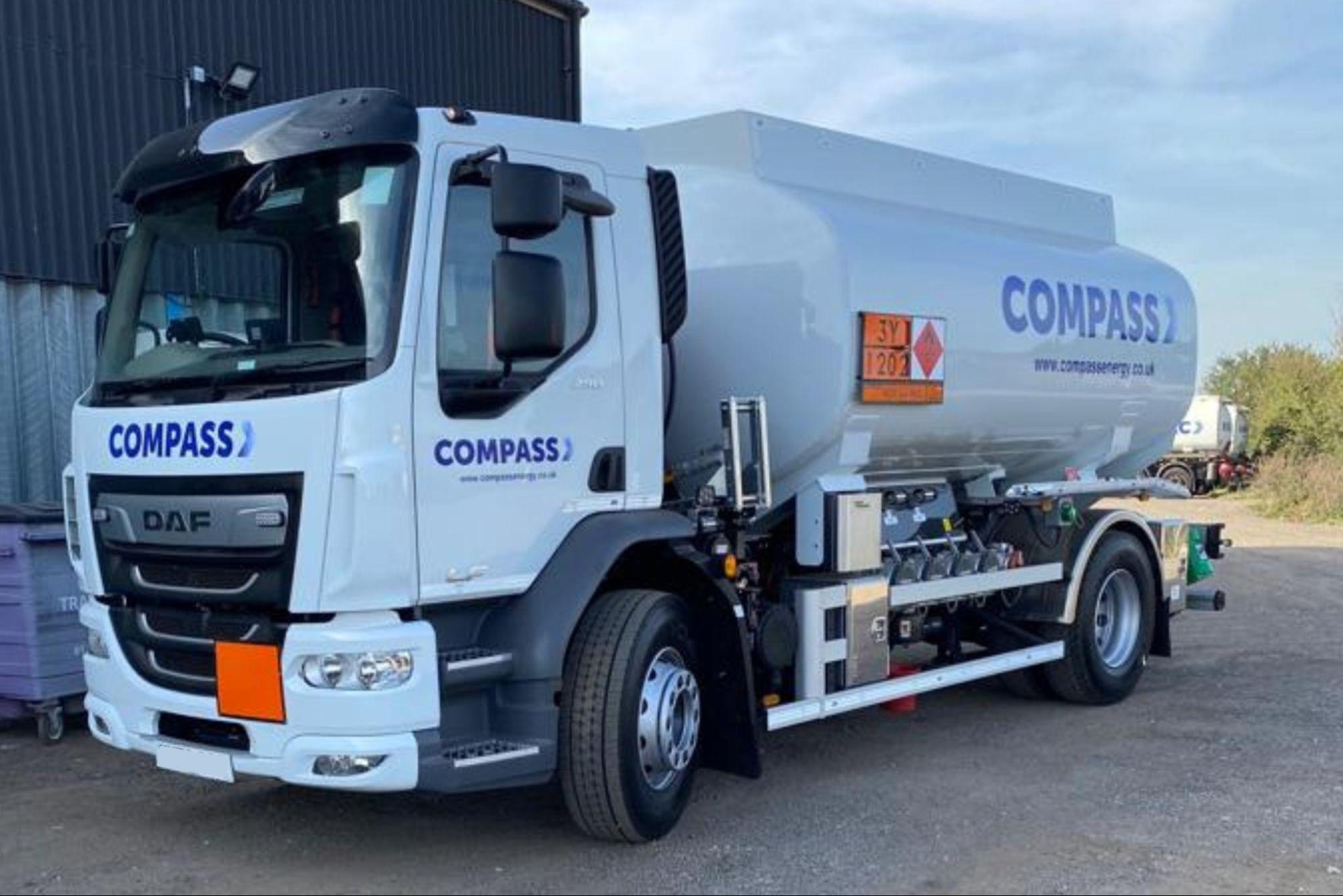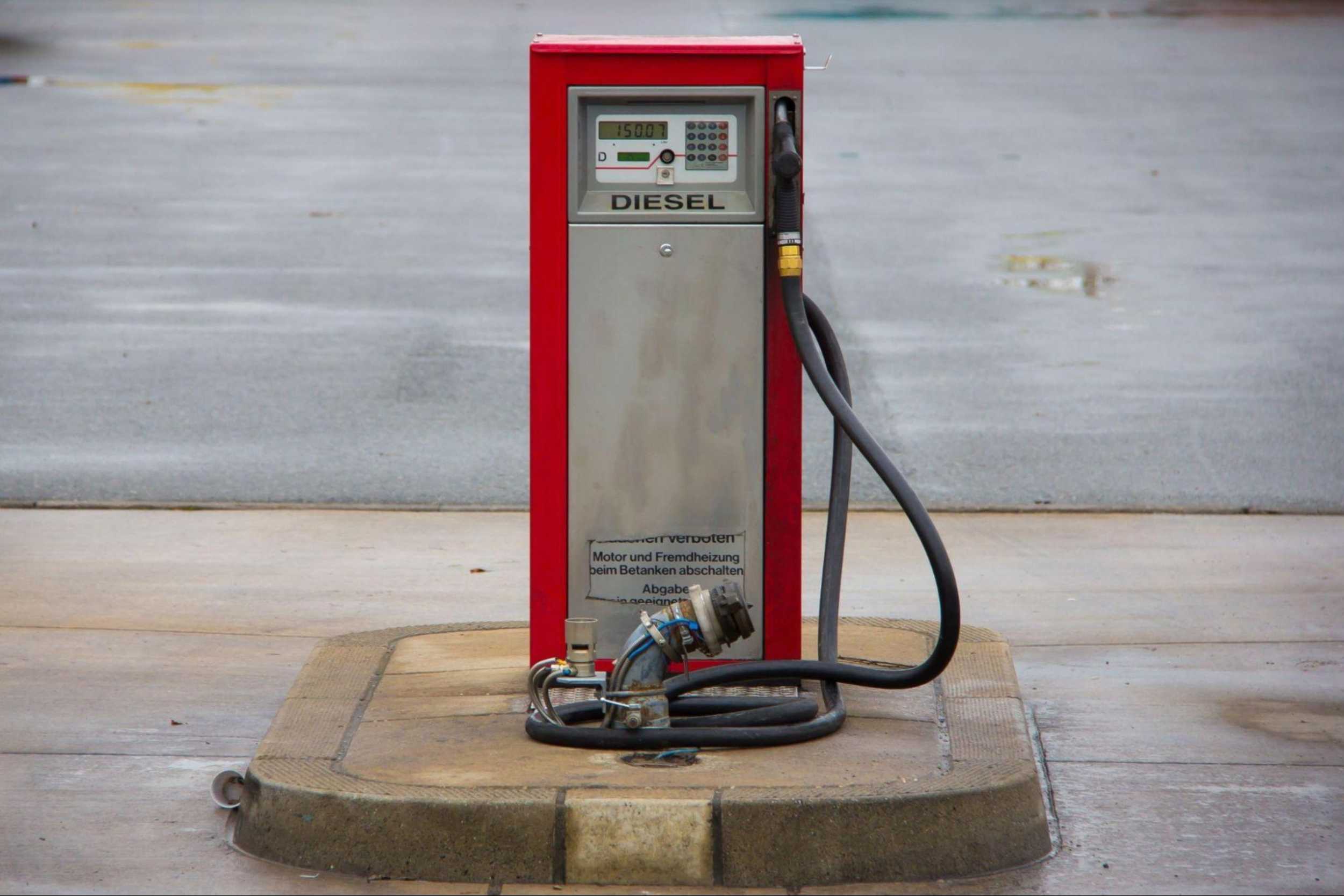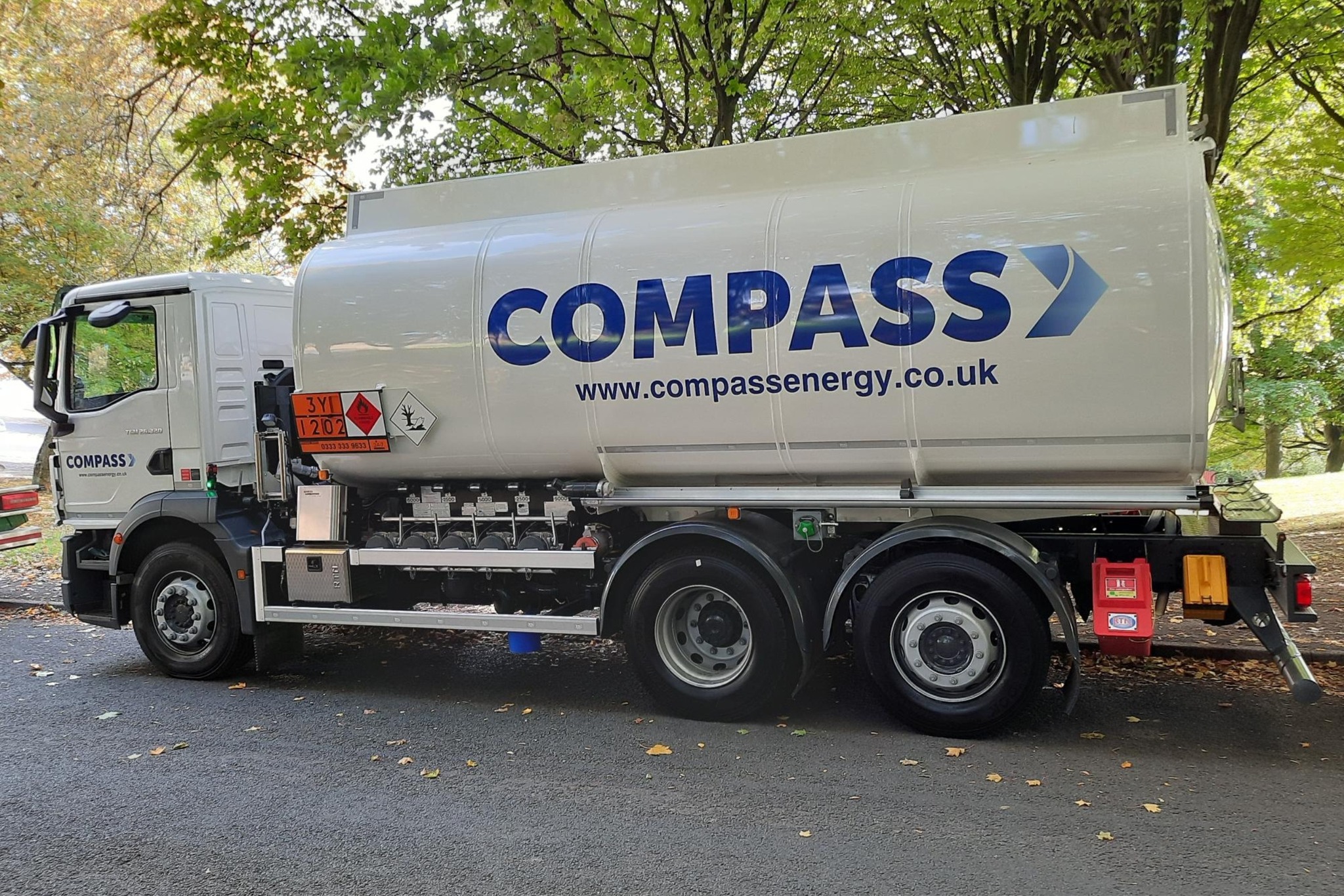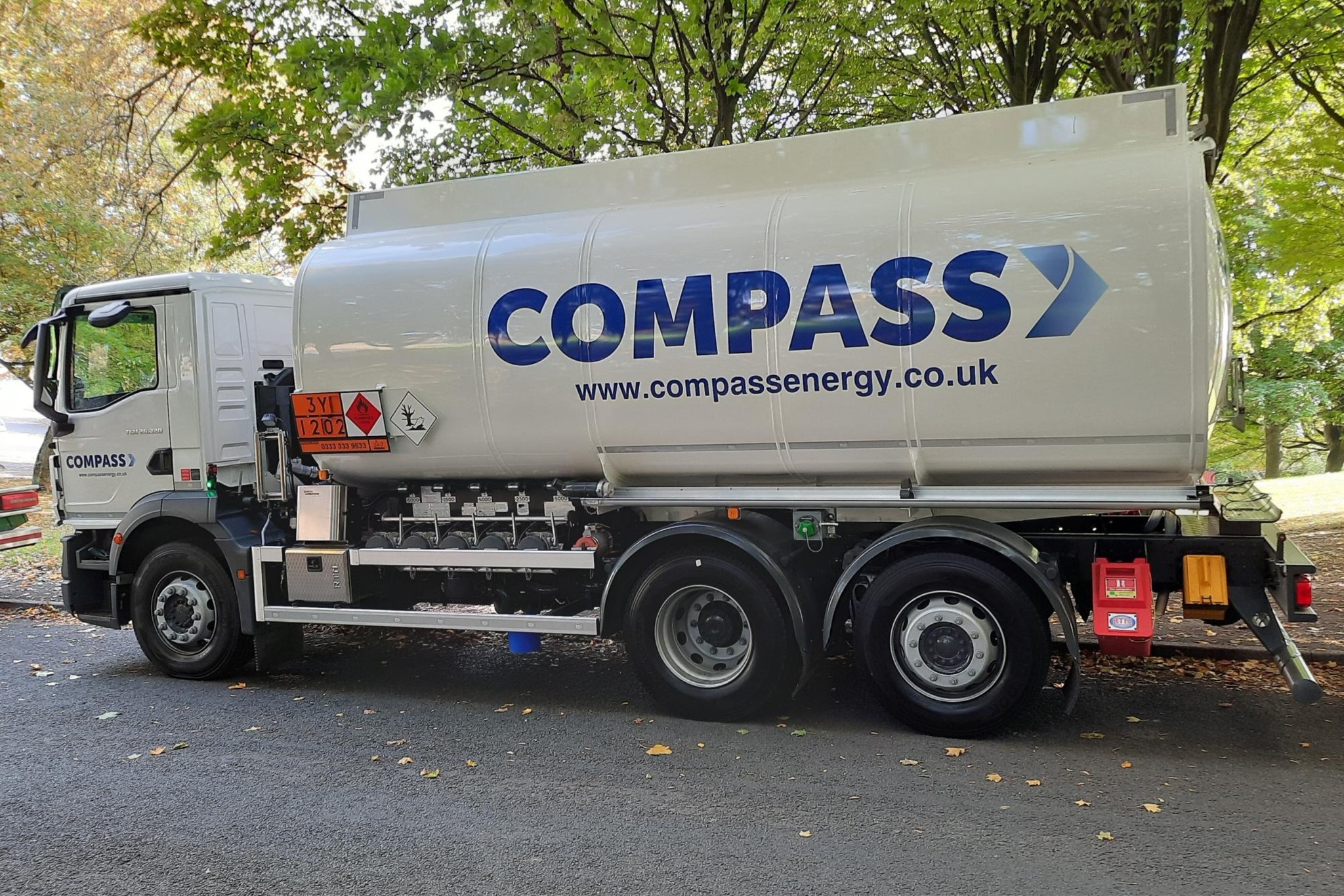Agricultural Fuel Oils in the UK: Types, Uses, and Regulations

Agricultural operations in the UK depend heavily on fuel oils to power machinery, heat facilities, and support essential day-to-day tasks. Whether it’s fueling tractors during harvest or running grain dryers in the autumn, agricultural fuel oils are critical to the productivity and sustainability of modern farming. Understanding the types of fuel available, how they’re used, and the legal landscape around them is key for every UK farmer and landowner.
🔋 Types of Agricultural Fuel Oils in the UK
Red Diesel (Gas Oil)
Most widely used agricultural fuel.
Powers tractors, combine harvesters, sprayers, loaders, and other off-road machinery.
Dyed red to differentiate it from white diesel (road fuel) and sold at a lower tax rate.
Legal for use only in agriculture, horticulture, forestry, marine transport, and a few other industries.
Kerosene (Heating Oil)
Used for space heating in greenhouses, workshops, and animal housing.
Sometimes powers older machinery or grain dryers.
Known as 28-second oil, it is lightweight and burns cleanly.
Industrial Heating Oil (IHO)
A cost-effective alternative to diesel for grain drying and large-scale heating applications.
Not for use in road vehicles or modern engines, but suitable for specific agricultural heating systems.
Hydrotreated Vegetable Oil (HVO)
A renewable diesel alternative, made from waste vegetable oils and animal fats.
Reduces greenhouse gas emissions by up to 90%.
Suitable for use in many modern diesel engines, but more expensive than red diesel.
Increasingly promoted as a future-proof fuel for sustainable agriculture.
Biodiesel
Derived from vegetable oils or animal fats.
Sometimes blended with mineral diesel (e.g. B7, B20).
Less common due to limited supply and compatibility issues with some engines.
🚜 Typical Uses of Agricultural Fuel Oils
Powering tractors, combines, sprayers, balers, and other farm vehicles.
Operating generators for remote power needs.
Running irrigation systems and water pumps.
Heating greenhouses, barns, and outbuildings.
Fueling grain dryers and other processing equipment.
⚖️ Legal and Environmental Considerations
✅ Fuel Use Regulations:
Red diesel use is strictly regulated. After April 2022, many industries lost entitlement to use red diesel, but agriculture remains exempt.
Farmers must ensure that red diesel is used only for eligible activities—misuse can result in heavy fines and HMRC enforcement.
Farms must store fuel properly under the Control of Pollution (Oil Storage) Regulations.
✅ Storage Rules:
Tanks over 200 litres must be bunded (double-walled) to prevent leaks.
Fuel must be stored away from watercourses and drains.
Regular inspections and maintenance are required to avoid contamination and environmental damage.
🏭 Where to Buy Agricultural Fuel Oils
There are many reliable fuel suppliers in the UK catering specifically to the farming sector. Top suppliers include:
Certas Energy – Nationwide fuel delivery and fuel management solutions.
Watson Fuels – Offers red diesel, kerosene, and HVO with agricultural expertise.
Crown Oil – Known for emergency delivery and renewable fuel options like HVO.
NWF Fuels, Rix Petroleum, and Kettlewell Fuels – Trusted regional suppliers with strong links to rural communities.
Most offer bulk fuel delivery, tank supply and installation, fuel monitoring systems, and support with environmental compliance.
🌱 The Future of Agricultural Fuels
With the UK committed to reaching net zero by 2050, the agricultural sector is under pressure to reduce its carbon footprint. This is driving interest in:
Renewable fuels like HVO and biodiesel.
More efficient machinery with lower fuel consumption.
Electric and hybrid equipment for smaller-scale farming tasks.
Government grants and incentives may soon support the switch to cleaner fuels, making it easier for farms to transition away from traditional red diesel over time.
Conclusion
Agricultural fuel oils are essential to UK farming, powering everything from machinery to heating systems. While red diesel remains the dominant choice, the future points toward cleaner and renewable fuels like HVO. Choosing the right fuel—and a reliable supplier—helps ensure legal compliance, efficiency, and environmental responsibility, all of which are crucial in today’s rapidly evolving agricultural landscape.
Note: IndiBlogHub features both user-submitted and editorial content. We do not verify third-party contributions. Read our Disclaimer and Privacy Policyfor details.







